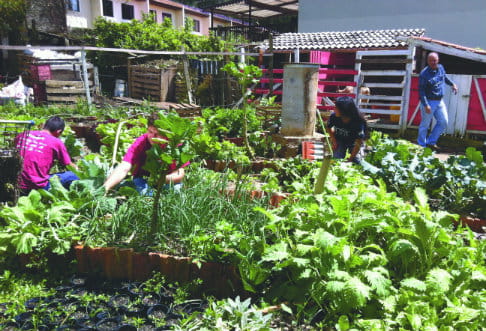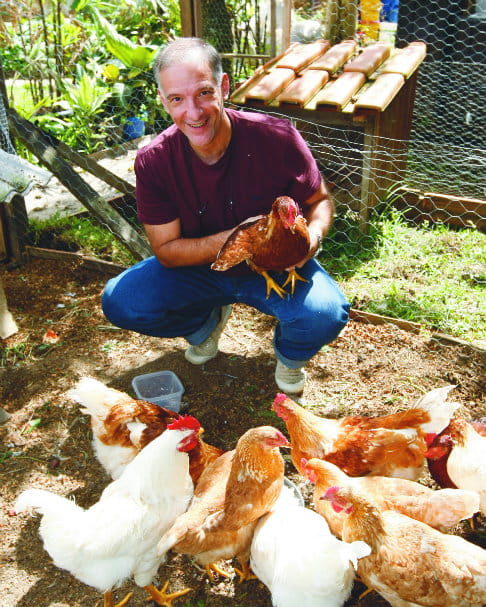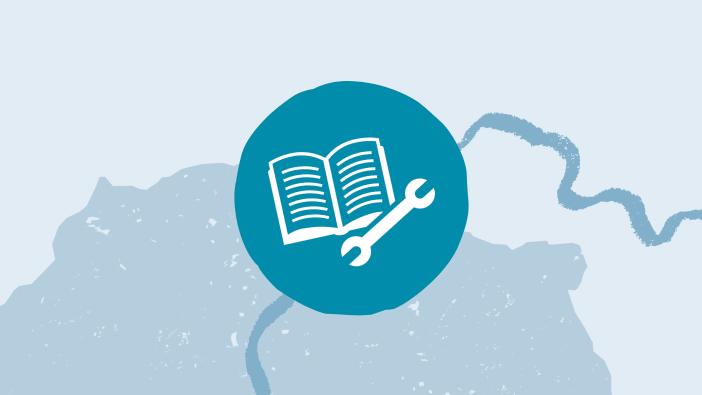Meet Claudio Oliver, an environmentalist and pastor from Brazil who shared his experiences of urban farming in an interview with the Editor for Footsteps.
What inspired you to become an urban farmer?
One day, after years of hoping and dreaming about having a piece of land, I went to my balcony and looked out over my 0.6 square metre plot, full of terrible soil. Then I went to my kitchen where I collected my food scraps. Seeing the connection between the two places, I was inspired to pray a prayer something like this…‘Lord, instead of complaining or dreaming about land, I will make a decision to honour you and your creation. I will not create rubbish which I cannot use again within my home and I will make the best of the soil you have given to me.’
I started my first worm bin [editor – a way of composting using worms] and within six months the compost helped me to produce a very good harvest of tomatoes, lettuces and berries from the little ‘farm’ which had grown out of this wasted space with poor soil.
Having been faithful in using that small space, we soon started to transform the car park at our church into a garden. After three years we had 300 different vegetables, trees, fruits and flowers growing there! Later, we rented our first house to start what we have called ‘Vine’s House’ because we wanted to show that it is owned by the Vine (see John 15:1‑8).
Food takes a lot of effort to grow but so much is wasted. How do you minimise food waste in your life in the city?
I start with this principle: waste can pollute or waste can be put back into the cycle of life. Once you have understood this, you can take practical steps to do this by feeding food waste to animals or making compost. You always need to ask yourself the question: how can this waste bring new life? We have found that this kind of approach leads to abundance, and abundance leads to sharing, friendship and strong community. No-one leaves our house without something in their hands.
We believe that the best way to take care of your rubbish is not by recycling, but by what we call precycling. This means not buying things in the first place so that we do not have to dispose of them. We call the next step overcycling. Once waste already exists, we can find ways to extend its life by using it for as long as possible.
You are involved in a movement called ‘Do Meu Lixo Cuido Eu’ which translates as ‘I’ll take care of my rubbish’ – can you tell us more about it?
It is very simple; waste does not exist in nature. The campaign’s main message is that if you have produced waste, you can find a solution for it. Or if you cannot find a solution, you can give up using whatever is creating the waste. Anyone can join the campaign, or use our campaign name, because everyone can take care of their own waste.
What you do could be quite challenging to others around you, how do people react to your way of life?
For some we are a sign of hope. These people love and support us. For others we are symbols of all they hate, seeing us as underdeveloped and backward. When some people complained to the city authorities, they sent officials to check on what we were doing. But after coming and seeing the quality of our work, they decided not to punish us, but instead to support us. They even changed a local law in our favour so we could keep doing what we do.











